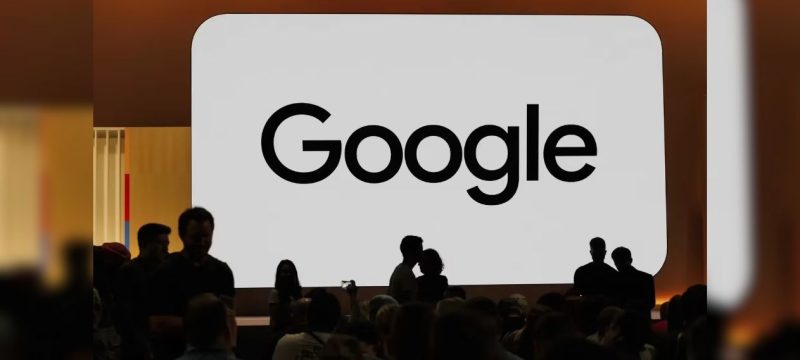A US federal jury has ordered Google to pay approximately $425 million for collecting data from smartphone apps, even when users had activated privacy settings. The company confirmed the verdict on Wednesday.
The class-action lawsuit, filed in July 2020, alleged that Google intercepted, tracked, and collected users’ mobile app activity regardless of their privacy choices. Attorneys for the plaintiffs called it “illegal interception of consumers’ private activity.”
“This decision misunderstands how our products work, and we will appeal it,” said Google spokesperson Jose Castaneda. He added that the company’s privacy tools give users control over their data and respect choices to turn off personalization.
Growing scrutiny over privacy
The lawsuit reflects increasing scrutiny on how Google balances its ad-driven business model with user privacy. Plaintiffs argued that Google’s assurances about privacy were misleading, claiming the company tracked data even when users opted out.
Google has been phasing out online tracking cookies and exploring less intrusive alternatives for advertisers. Cookies, which are small files saved to browsers, allow websites to monitor user activity and remain central to digital advertising.
International fines add pressure
On the same day as the US verdict, France’s data protection authority, CNIL, fined Google €325 million ($350 million) for setting advertising cookies without proper user consent. Fast-fashion retailer Shein also faced a record fine of €150 million ($175 million).
Google stated it would review the CNIL decision and maintain that it has complied with previous demands. This is the third major CNIL fine against Google over cookie-related violations, following penalties of €100 million in 2020 and €150 million in 2021.
The case highlights the ongoing tension between user privacy rights and the business practices of tech giants like Google.
In other news read more about Siri Could Finally Get Smarter; Thanks to Google Gemini









